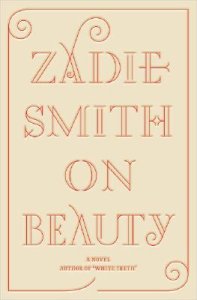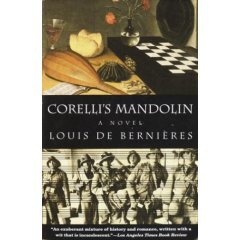 Wow! Read this book!
Wow! Read this book!My mom recommended this book to me a few months ago and a woman on a plane next to me told me that she had just finished it and could not get it out of her mind.
I read it in two days.
In a remarkably matter of fact yet connected voice, Jeannette Walls details her childhood. As the child of a brilliant alcoholic father and an artistic irresponsible mother, Walls suffered extreme deprivation. But for all that, she never whines or blames and she emerges with a remarkable lack of anger.
I was often angry with Walls' parents but I was left marveling at the love this family felt for each other through it all.
While the book itself does not include a reading group guide, I think it would stimulate a lively book club discussion. Try the Book Browse reading group guide.











